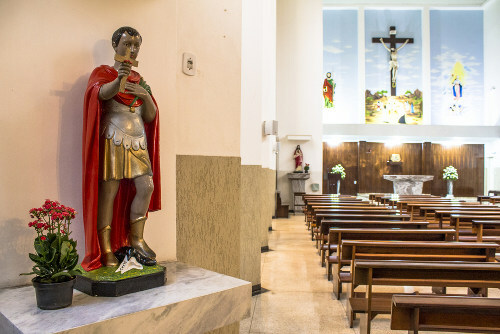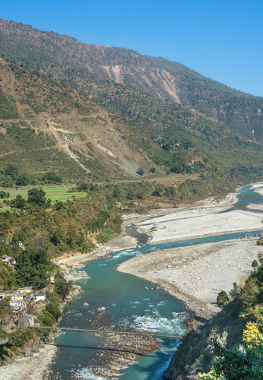The term state refers to the administrative unit of a territory. It consists of a set of public institutions that represent, organize and meet – at least theoretically – the demands of the population that inhabits its territory.
When we analyze the State and its relationships with different religions and creeds, we can classify it as secular or religious.
- Laic State: This concept provides for neutrality in confessional matters, that is, none is adopted religion as an officer and equidistance between the cults is maintained. It is also known as the Secular State. In some secular states, there is an incentive to religiosity and tolerance between creeds, while others even create laws and mechanisms to hinder religious manifestations in public.
Separation of Church and State
In Western civilizations, the Enlightenment and the French Revolution, in the 18th century, consolidated the idea and the need for a secular state, in which political power maintained its distance and independence from institutions religious.
Secular State x Atheist State
An important distinction to be made is regarding the concept of the secular state and atheist state, which have different meanings. A state atheist it is based on a state's rejection of all forms of religion in favor of atheism. On several occasions in history, this type of state has even suppressed or limited religious freedom, acting in a similar way to religious states. In the case of the atheist state, instead of imposing a specific belief, there is the institutionalization of “non-belief”.
-
religious state: It is one in which religion interferes in some way with legislation or public administration and is also called a confessional state. Currently, it is present especially in the Islamic world, however, it can also be identified in Africa and Asia.
Do not stop now... There's more after the advertising ;)
The confessional state may manifest itself organic form, that is, religious institutions formally participate in the Government, as if it were a fourth power with the authority to pass or reject laws that disrespect the creed. A recent example was the Taliban government of Afghanistan, where there are civil laws that regulate habits. and customs of the population according to religious principles, whose disobedience is punished by the State.
The State can also present the religious manifestation through subjective interference, in which a religious group or institution has a voice in State decisions and seeks to safeguard its interests.
Is Brazil a secular state?

Brazilian legislation provides for the inviolability of freedom of belief and guarantees the free exercise of religious cults1
The Brazilian State has been secular since 1891, when the first Constitution of the Republic established the independence of public administration from any religious institution or creed.
Currently, the Constitution of 1988 explicitly prohibits (Article 19) that the Union, states and municipalities establish religious or churches, create incentives or privileges and maintain dependent relationships with leaders or institutions religious.
In addition to the provision in the Magna Carta, there are other legal provisions that confirm that Brazil is a secular State. However, there is a legal provision for the guarantee of religious freedom, which is considered inviolable in character. The State must ensure the free exercise of religious cults and guarantee the protection of places of worship and their liturgies.
1 Image credits: Alf Ribeiro – Shutterstock.com
By Amarolina Ribeiro
Graduated in Geography
Would you like to reference this text in a school or academic work? Look:
RIBEIRO, Amarolina. "Secular State and Religious State"; Brazil School. Available in: https://brasilescola.uol.com.br/geografia/estado-laico-estado-religioso.htm. Accessed on June 27, 2021.



